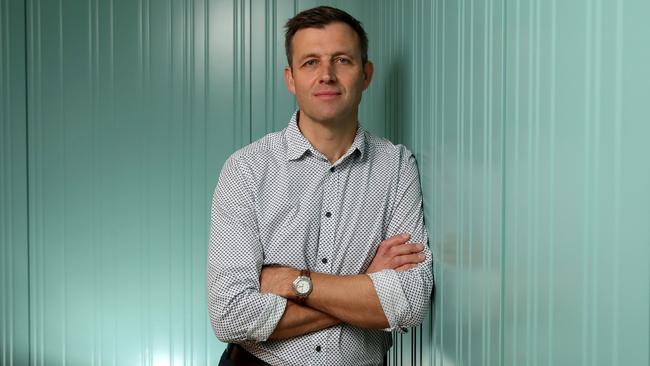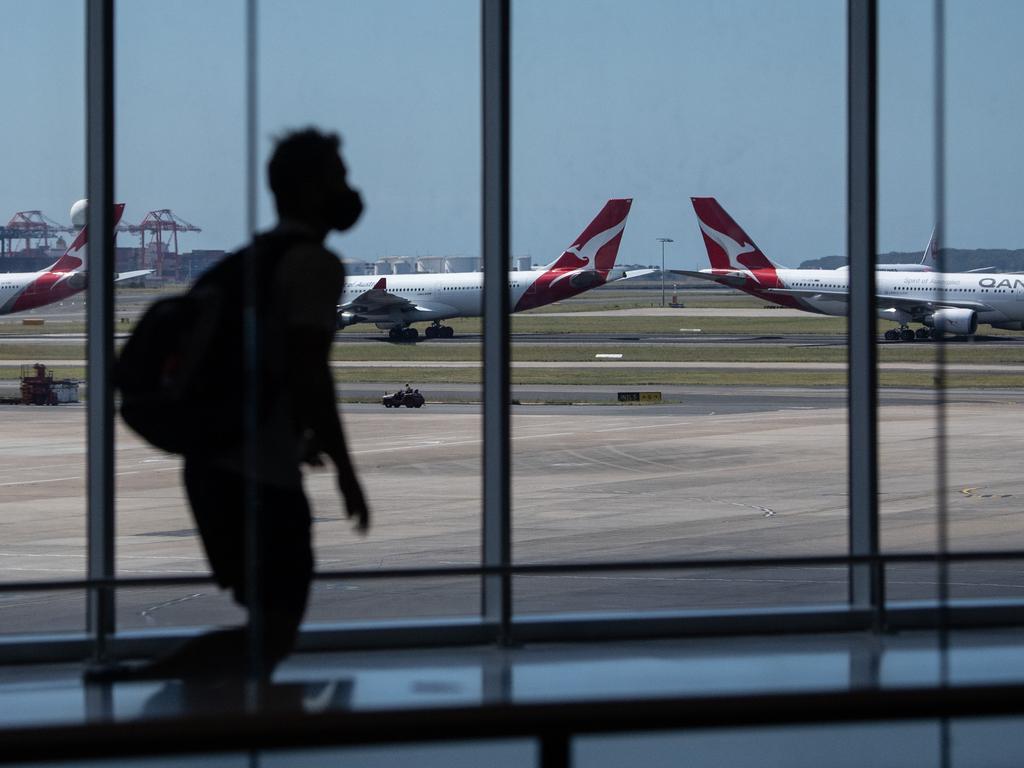IFM Investors-led consortium takes the keys to Sydney Airport

It cost him $23.6bn in the largest cash deal to take a company private ever done in Australia. The bid price was raised twice, but $23.6bn will almost certainly turn out cheap at the price.
“What I think is pretty cool is that the people who use it are by and large the people who own it,” says Neal.
IFM is owned by 22 industry super and pension funds, which in turn manage retirement savings for more than 12 million Australians. It has global funds under management of $180bn including 34 large infrastructure assets such as ports and toll roads around the world.
The IFM-led Sydney Aviation Alliance which bought Sydney Airport includes QSuper, AustralianSuper and global infrastructure fund GIP.
Neal says the deal marks a big day for millions of Australians. “It’s a phenomenal asset and I’m looking forward to managing that asset over many years, and injecting capital into it over those years to improve the service for both the airlines and travelling public.”
IFM does not disclose the returns it expects, but when the consortium pounced in July last year it was rare event in Sydney to see a plane in the sky. Less than nine months later air traffic is returning and international borders opening.
Neal agrees the share price was depressed at the time, but argues that a 45 per cent premium to that price (which took it to around the level that Sydney Airport was trading before the pandemic hit) is a pretty good outcome for shareholders.
So with Sydney Airport, an effective monopoly in the hands of the people, does this mean the cost of carparking and white wine will cease to be an issue?
“You could try to put parking fees up, but we don’t have that proposition,” says Neal.
“Private investors on behalf of pension fund members own airports because they have the long time horizon. They can invest the capital without having to worry about short-term earnings to keep analysts happy.
“We need to have long-term value creation. It means you need a long-term contract with the public, long-term contract with the users of the asset and a licence to operate,” he says.
Between them, the consortium members have interests in all major Australian airports but the ACCC did not find meaningful competition concerns.
The Sydney Airport takeover is a blueprint for how industry super could invest its growing billions into other assets, including listed companies. Infrastructure is only 45 per cent of the funds under management.
For listed companies this puts any industry super fund on the register in a new light. In a different guise, AustralianSuper teamed up with private equity, first in an unsuccessful tilt at Healthscope, then with success for Navitas.
In the case of Sydney Airport, UniSuper was an existing shareholder and remains on the register, but Neal says the fund did not vote on the takeover and had no effect on the vote.
“What you are trying to suggest is that the fund being on the register somehow makes it easier for the transaction to occur. That is not my understanding of how this works. The shareholders, excluding UniSuper, had to vote to approve this transaction. UniSuper’s weight in this transaction did not count because they were rolling into the transaction.”
But UniSuper may also have seen more upside in the future cashflows under private ownership. Fighting for a higher sale price might not have been in its interest.
Neal flew out of Sydney Airport to the West Coast of the US where he is catching up with staff and investors. He says war in Europe has made IFM even more interested in energy transition infrastructure.
“$100 oil tends to encourage you to want to transition away from oil quite quickly. It hasn’t changed what we are looking at, it means we are even keener to look at it,” he says.
Neal says IFM will not buy into fossil fuel assets that the fund cannot play a role in helping transition. While conceptually that might include Accel, to be created from a demerged AGL to hold its coal-fired generation assets, he says the fund is more attracted to midstream assets like pipelines where skill sets can be leveraged.
“You have critical infrastructure with a phenomenal footprint which is piping a fossil fuel that could in future pipe hydrogen or a biofuel.
“A midstream company has project management skills, it has construction skills and so it can get involved in the renewable energy transition and it has all the relationships in the energy markets. We are interested where you have multiple levers to support the transition.”




From an office in Sacramento on Wednesday, IFM Investors chief executive David Neal announced he had taken the keys to Sydney Airport, the gateway for Australia.